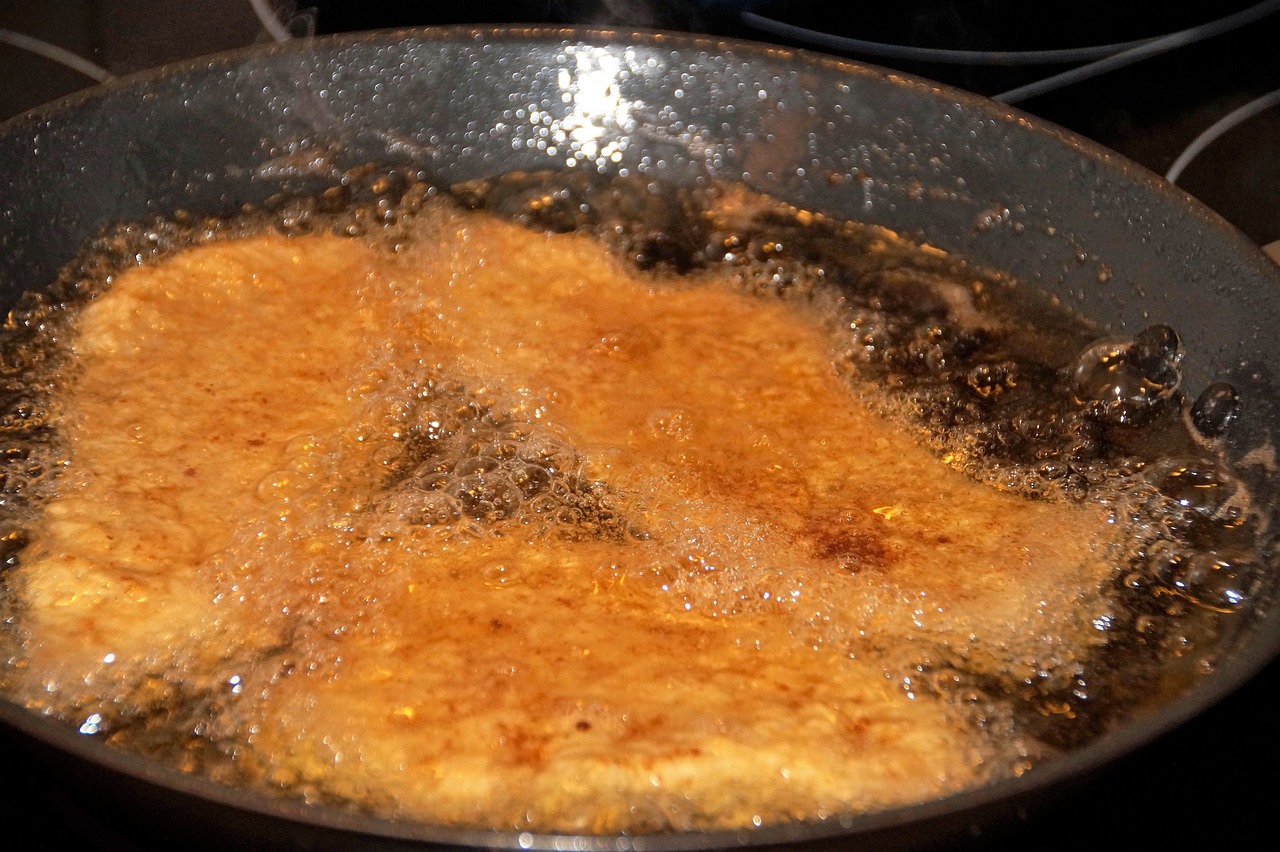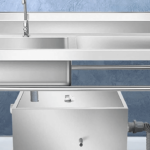One of the most frustrating experiences for any chef is beginning a recipe only to discover that one of the components has gone bad. It’s much worse when the component is cooking oil, which is a mainstay in most recipes.
Cooking oil is a must-have for any restaurant. Depending on the type and quantity of food served, certain restaurants may require more oil than others. However, all restaurants are affected by the worldwide cooking oil market, which increased by 18.43% in 2020 alone.

Restaurant operators must prioritize getting the most bang for their buck, especially when costs rise. However, food safety is vital, and you should buy fresh, spoilage-free foods.
To determine if your vegetable oil has gone bad, you should test it for:
- Taste
- Smell
- Appearance
Before your oil goes bad, you can extend its life by:
- Properly store your oil
- Intentionally choose your oil
- Don’t overfill your fryer
- Keep the oil off and covered while not in use.
- Filter your oil regularly
If you follow these guidelines, you’ll be on your way to increasing the efficiency of your oil.
Does Vegetable Oil Go Bad?
The short answer to this question is “yes.” Many individuals incorrectly believe that oils endure forever. However, depending on how they degrade, outdated oils might cause illness in humans.

All cooking oils have shelf lives and will ultimately spoil, but how quickly depends on the type, use, and conditions. Fortunately, several practices and approaches can extend its longevity.
How to tell whether your oil is rancid.
Cooking oil can last longer if used and stored properly, but how can you know when it’s gone bad? You might begin by evaluating the oil against your senses of taste, smell, and sight.
Bad oil has a harsh taste, which results in lower quality or variable flavors in cooked items. It may begin to emit a mild or strong, unpleasant odor. A good indicator is that it begins to burn before reaching its intended smoke point. In terms of appearance, poor oil may be discolored, foggy, heavier, sticky, or have a frothy film on top.
How to Make Your Oil Last Longer.
Taking care of your cooking oil prevents it from deteriorating soon. If you follow the guidelines below, your cooking oil will last longer and keep your food tasting fresher for longer.
Properly Store Your Cooking Oil
The shelf life of cooking oil varies according to the type of oil. However, four factors cause the degradation of all cooking oils:
- Heat
- Air
- Moisture
- Light
To extend the life of the oil, limit exposure to these substances as much as possible.
To extend the life of your cooking oil, store it in dry, airtight containers away from light and heat. When properly stored, some cooking oils can survive for up to two years.
Also Read: How to Understand Grease Traps: What They Are and How They Work
Choose your oil with intention
There are several cooking oil possibilities. When picking which one to employ in your restaurant, make a conscious choice. A detailed grasp of the dishes you cook and serve will help you decide the best oil for your restaurant’s needs. The flavor, smoke point, quality, and pricing are all important considerations in the choosing.
While it may seem insignificant, the oil you use to cook with can add flavor to the dish. Choose an oil with a mild flavor or one that complements the cuisine served at your restaurant.
Do Not Overfill Your Fryer
If your kitchen contains a fryer, make sure to fill it to the indicated level. Overfilling is wasteful since it requires too much oil and takes longer to reach the proper frying temperature. Overfilling also increases the risk of oil leaking or burning.
Keep the fryer off and covered when not in use.
When the fryer is not in use, turn it off and cover the vat. Turning it off disables the heating element. Covering it prevents the oil from being exposed to light, air, moisture, and the possibility of debris or extra food particles contaminating it.
Filter your oil regularly.
While the oil is in use for cooking, filter it on a regular basis. To keep the oil as clean as possible, teach your personnel to skim the top to remove any particles or pieces of food that may have remained in it. This easy procedure maintains food quality while increasing the oil’s shelf life and minimizing your food prices.
Reuse and recycle cooking oil.
Cooking oil may be reused to some extent, but did you know it can also be recycled once it is no longer useful?
Actually, all spent cooking oils for fryers can be recycled in the same way.
Used cooking oil recycling is a convenient solution for both the owner and the workforce. Instead of throwing away your spent oil, it can be recycled into valuable items like biofuel.








